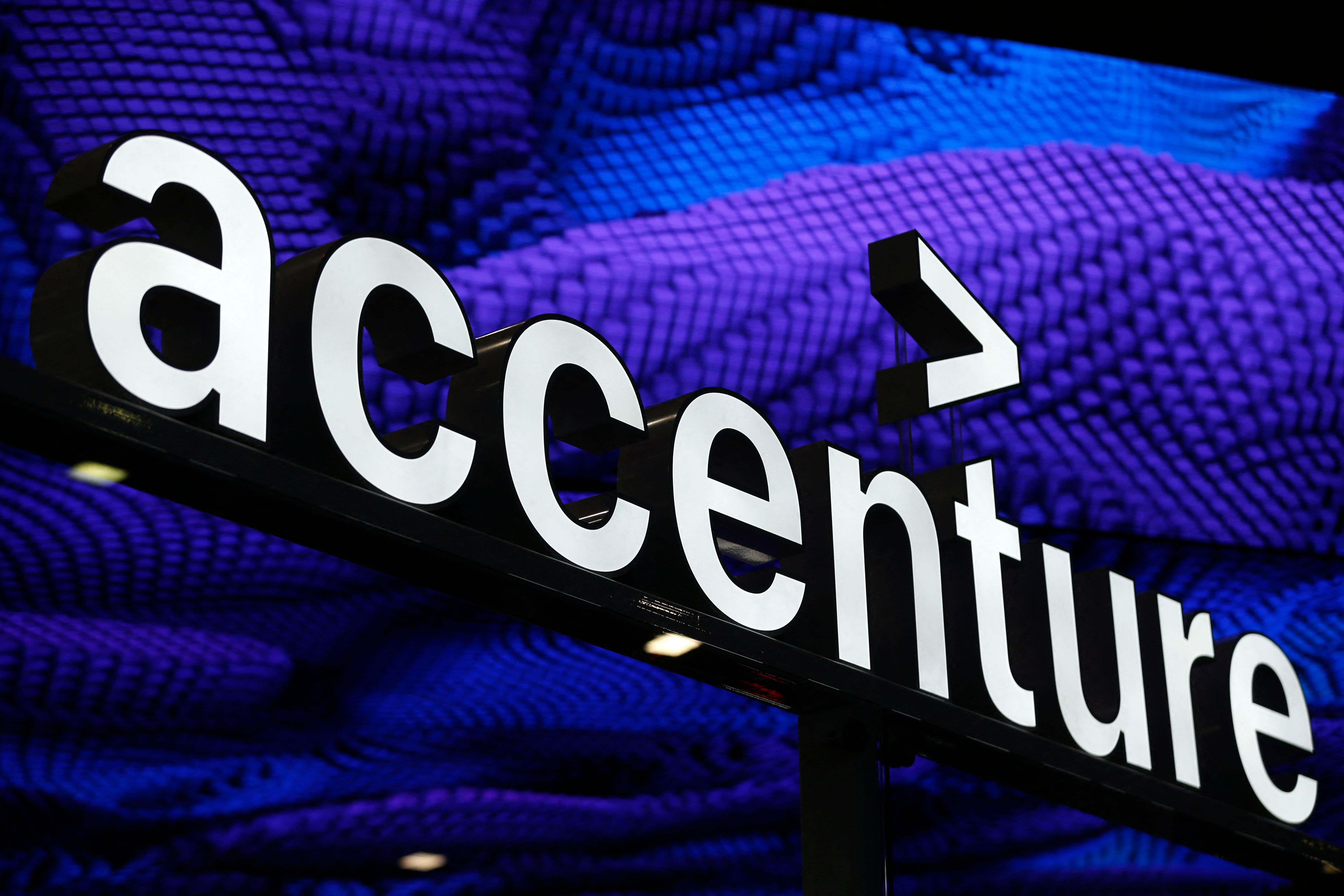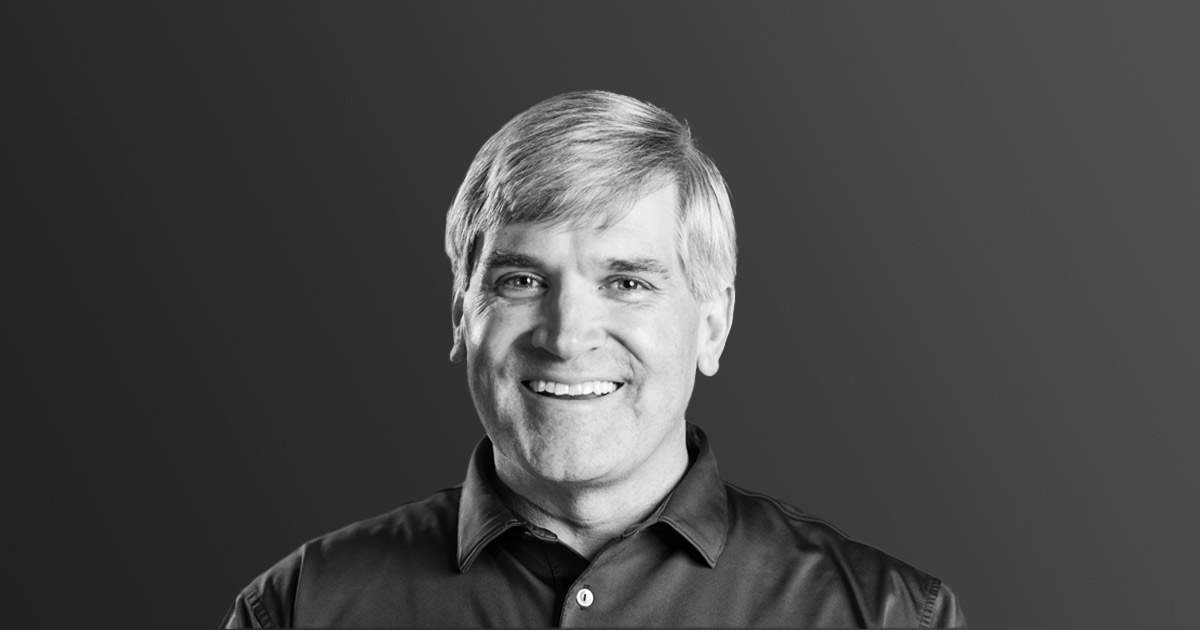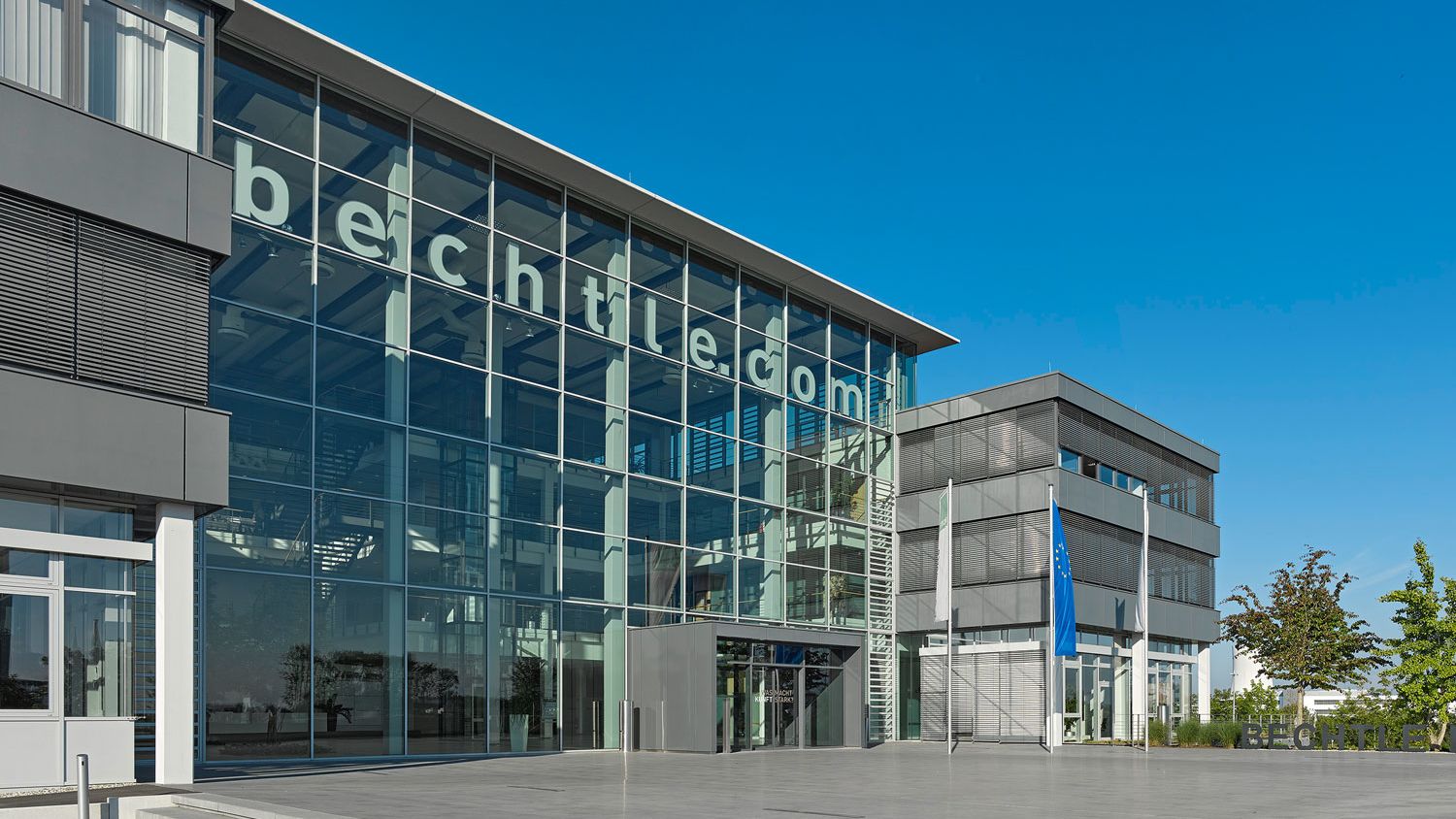Distribution: Is there any place left for the traditional distie?
With box shifting out of fashion and the arrival of cloud, are distributors struggling to deliver value to their customers?


Earlier this month Telford-based distributor Entatech announced it had entered administration, despite its best efforts to stay afloat.
The news is the latest tremor to hit the distribution channel, which in recent years has been characterised by record-breaking acquisitions and a transformative shift away rom the traditional transactional distribution business model.
The adoption of cloud and other disruptive IT consumption models has meant some distributors are struggling to stay relevant – traditional distie services like logistics and warehousing are no longer as relevant when everything is in the cloud.
So how can distributors best position themselves in this new world? What value can they deliver to their customers?
A handful of the global disties have introduced cloud marketplaces, where channel customers can buy bundles of cloud apps and services and deliver them as their own offering. In addition, there’s still profit to be made in selling the underlying infrastructure for cloud.
“To me, the value-added distributor doesn’t head to the Klondike and start digging at the first sign of a gold rush. They should be there months or even years in advance selling shovels to those who do!” Barrie Desmond, COO of Exclusive Group tells Channel Pro.
“A key aspect of our new vendor selection process is around their current and future relevance to cloud [and] part of this is educating the channel to promote the adoption of cloud principles. This includes everything from technical know-how about the world of hypervisors, IaaS, DevOps and other terms they may never have heard of, all the way through to helping them define new commission schemes that come to terms with rewarding sales staff in a hybrid world where one deal might be hardware-based and the next deal subscription-based. The aim should be to help vendors and resellers put cloud front and centre of their proposals and overall thinking,” he adds.
ChannelPro Newsletter
Stay up to date with the latest Channel industry news and analysis with our twice-weekly newsletter
“The other part is getting tooled up to provide the appropriate technical pre-sales and global 24/7 services infrastructure to support cloud offerings. This will become more sophisticated, integrating more advanced billing and service delivery capabilities, which in turn will drive more data-driven insights to inform targeted sales and marketing activity.”
Elsewhere, Nigel Morris, marketing director at Beta Distribution, believes the driving force behind the mega-acquisitions we’re witnessing is the need for distributors to become more than just a source of product and credit. “The keyword is specialist – wrapping services and solutions around product and investing in the people, or acquisitions, to deliver this,” he says.
This rapid pace of change within the industry inevitably raises the question: is there still room for the traditional transaction distributor of days-past? Most likely, yes – like any industry, the customer requires choice.
“Not all products require high levels of support – the same can be said for some resellers,” says Morris. “However, the pressure on transactional business margin will to a certain extent drive the distributor to look for opportunities in higher profit services and solutions which in turn will bring incremental margin to the reseller.”
Alastair Edwards, chief analyst at Canalys, is confident there will still be demand for transactional businesses: “Even in the face of cloud and digital adoption – or as a result of – a huge number of products will continue to be transacted through a two-tier channel: PCs, peripherals, accessories, networking products, flash storage products, servers, IoT devices, VR headsets, mobile phones, health trackers, smartwatches – for consumer and commercial channels – and the list goes on.
“A growing proportion of these products might be sold as part of as-a-service financing models. But the physical product still needs to end up in the hands of the end-customer, and that will predominantly still be the job of a distributor.
“There will clearly be fewer transactional distributors than in the past and the most successful distributors are likely to have businesses that span multiple models, but transactional business will continue to be one of those. There is still a lot of margin to made in some of these areas.”
Christine has been a tech journalist for over 20 years, 10 of which she spent exclusively covering the IT Channel. From 2006-2009 she worked as the editor of Channel Business, before moving on to ChannelPro where she was editor and, latterly, senior editor.
Since 2016, she has been a freelance writer, editor, and copywriter and continues to cover the channel in addition to broader IT themes. Additionally, she provides media training explaining what the channel is and why it’s important to businesses.
-
 Cleo attack victim list grows as Hertz confirms customer data stolen
Cleo attack victim list grows as Hertz confirms customer data stolenNews Hertz has confirmed it suffered a data breach as a result of the Cleo zero-day vulnerability in late 2024, with the car rental giant warning that customer data was stolen.
By Ross Kelly
-
 Lateral moves in tech: Why leaders should support employee mobility
Lateral moves in tech: Why leaders should support employee mobilityIn-depth Encouraging staff to switch roles can have long-term benefits for skills in the tech sector
By Keri Allan
-
 Accenture expands cloud transformation capabilities with Objectivity acquisition
Accenture expands cloud transformation capabilities with Objectivity acquisitionNews The platform engineering MSP will help Accenture’s European customers leverage “more open and adaptable platform models and services”
By Daniel Todd
-
 Pax8 names SaaS veteran David Powell as new sales strategy chief
Pax8 names SaaS veteran David Powell as new sales strategy chiefNews The former Evo Security executive will work with MSPs to help strengthen their cyber security offerings
By Daniel Todd
-
 Bechtle snaps up Tangible Benefit to expand UK market presence
Bechtle snaps up Tangible Benefit to expand UK market presenceNews German reseller announces its second UK buy in four months as it steams ahead with its international acquisition strategy
By Daniel Todd
-
 Babble acquires award-winning Microsoft CSP TechQuarters
Babble acquires award-winning Microsoft CSP TechQuartersNews Cloud communications provider fends off competition from 20 other bidders to bolster its Microsoft capabilities
By Daniel Todd
-
 Trustmarque hires NTT Data’s UK lead as its new CEO
Trustmarque hires NTT Data’s UK lead as its new CEONews Simon Williams will lead the IT solutions and services provider into its next phase of growth
By Daniel Todd
-
 Wavenet set to acquire AdEPT for £50.3 million
Wavenet set to acquire AdEPT for £50.3 millionNews The combined business will become one of the UK’s largest managed service providers with revenues exceeding £200 million
By Daniel Todd
-
 TD Synnex launches free security self-assessments for VMware partners
TD Synnex launches free security self-assessments for VMware partnersNews Partners can now offer clients three specially-designed surveys, worth tens of thousands, to help drive new business potential
By Daniel Todd
-
 Node4 appoints Hannah Birch as managing director for digital services
Node4 appoints Hannah Birch as managing director for digital servicesNews Former Ensono and Accenture boss will work to strengthen the MSP’s partnership with Microsoft
By Daniel Todd